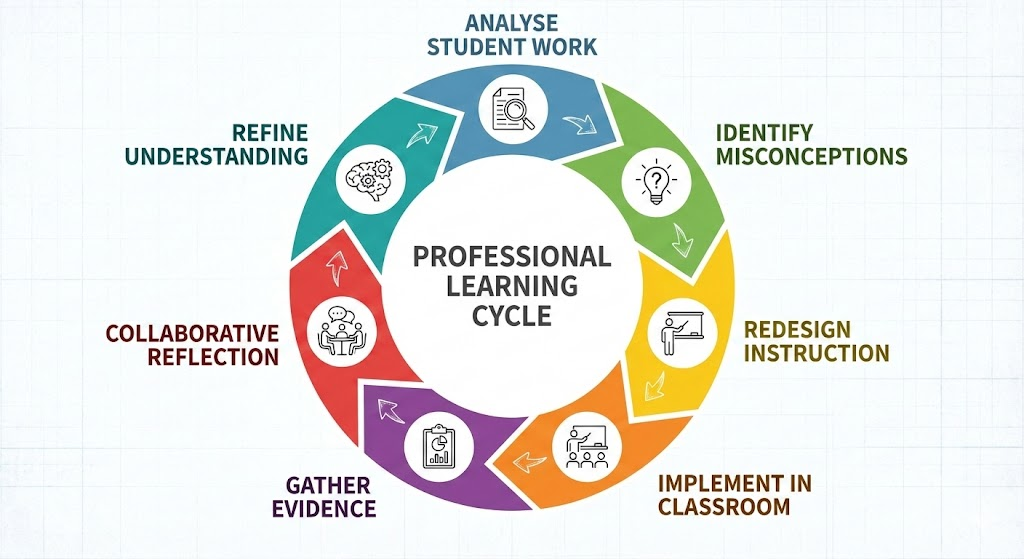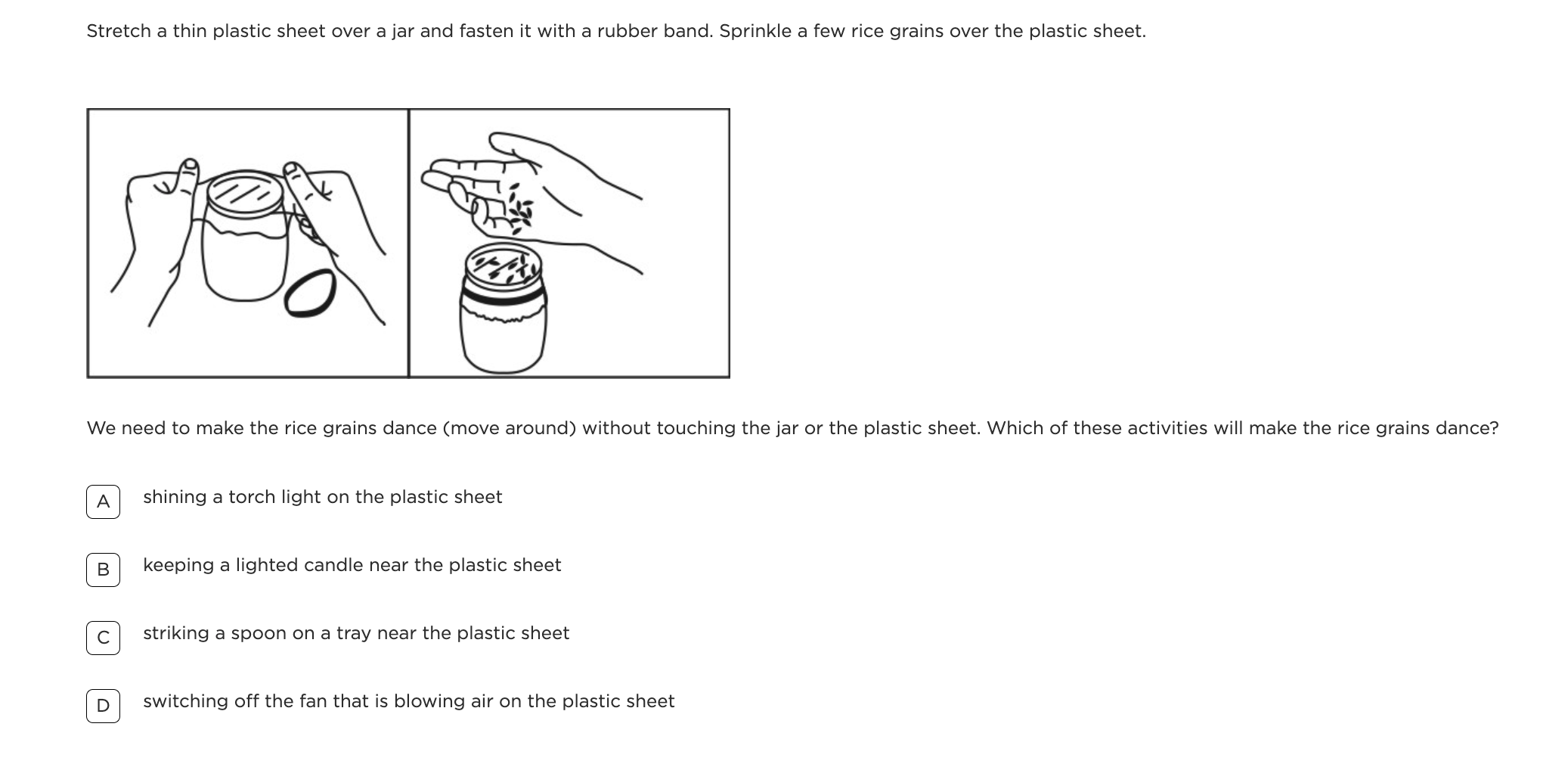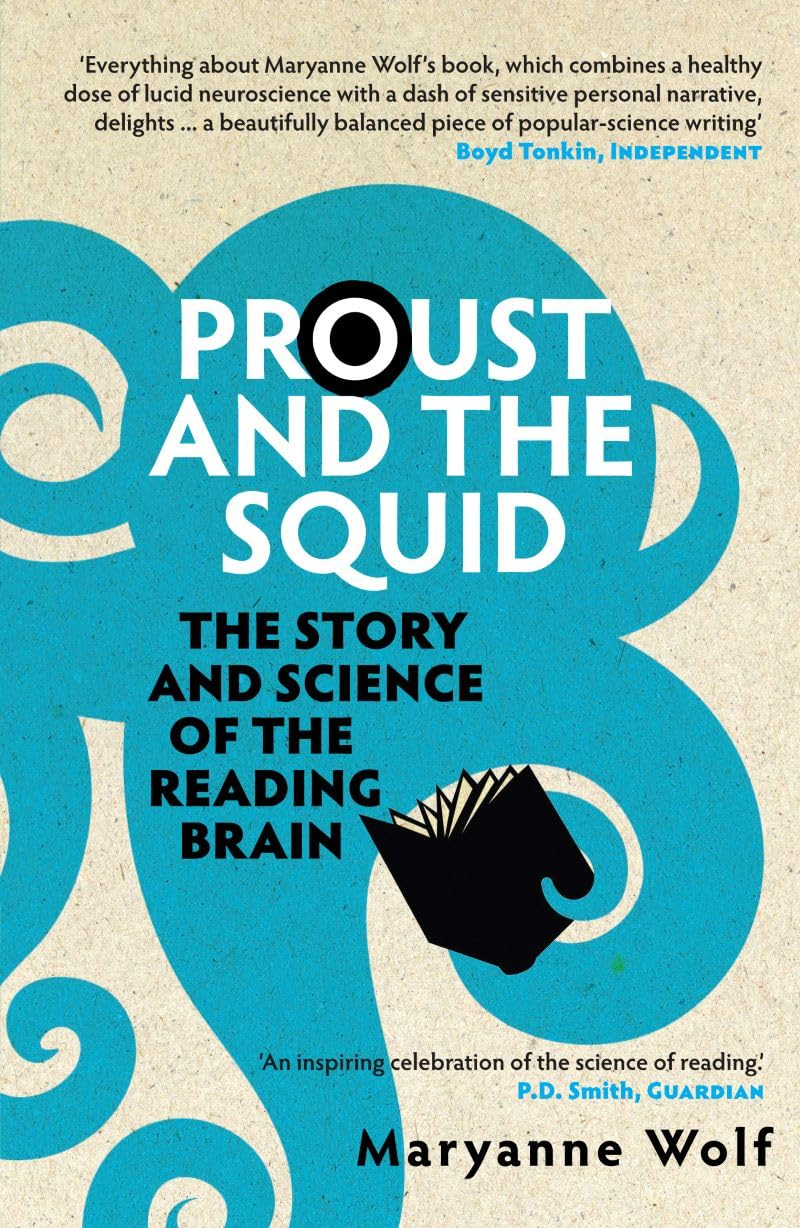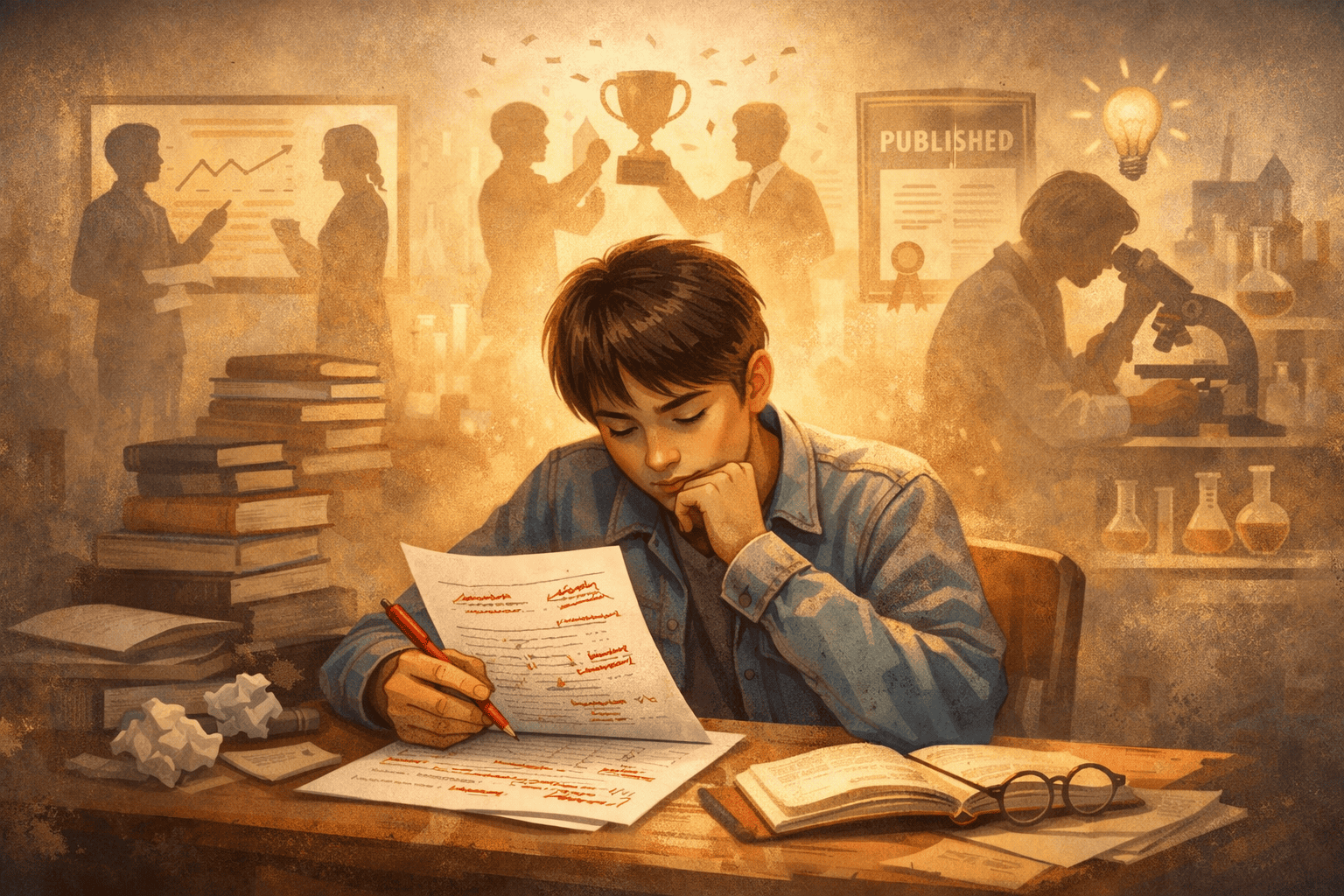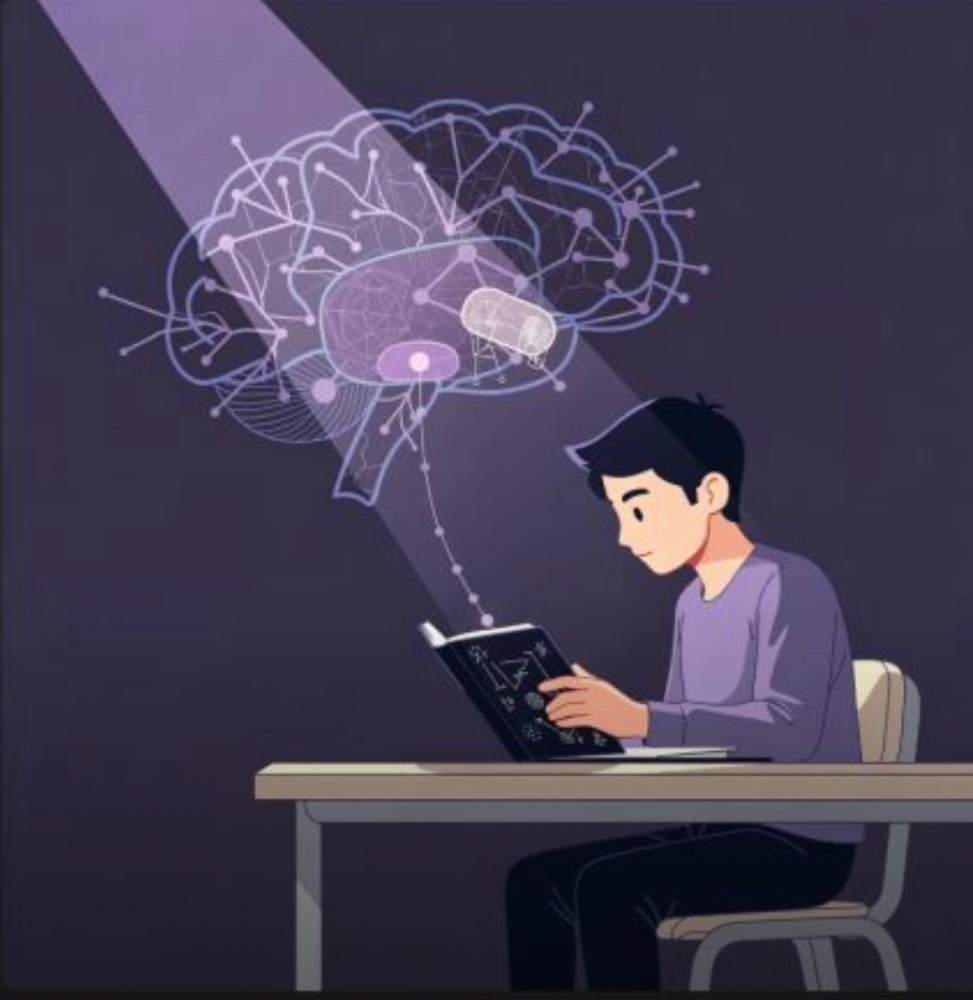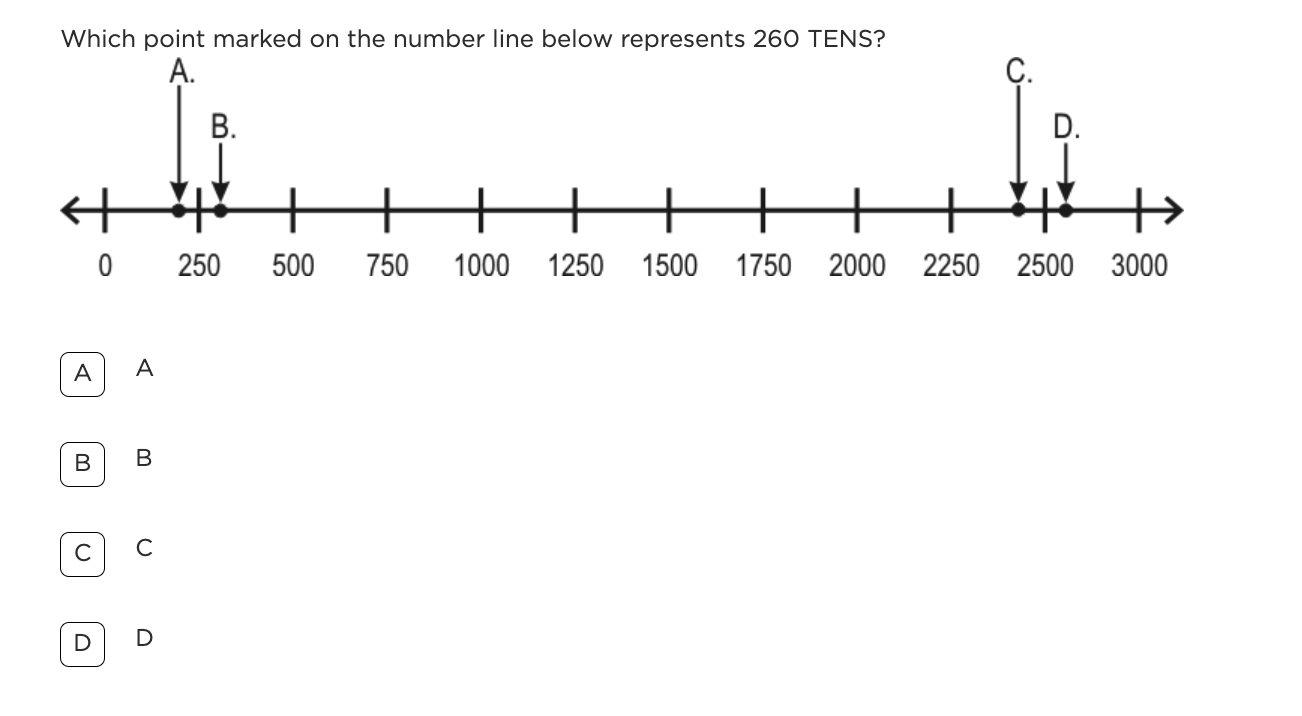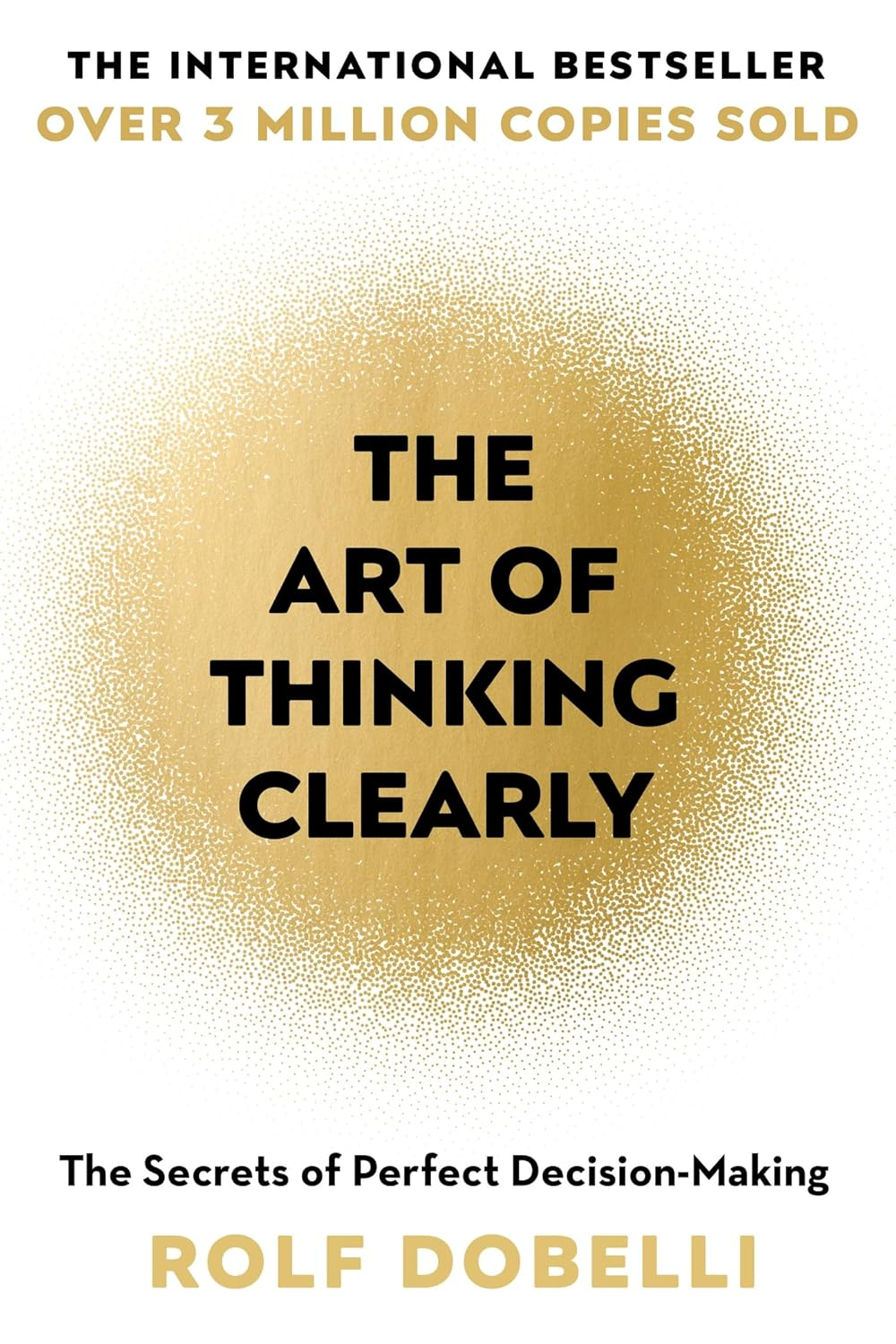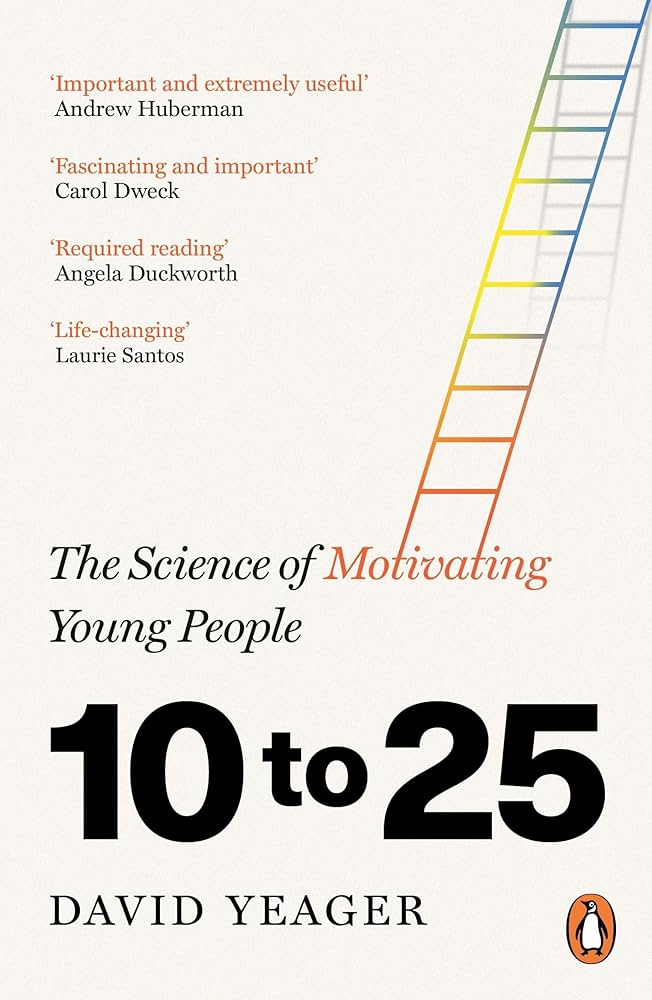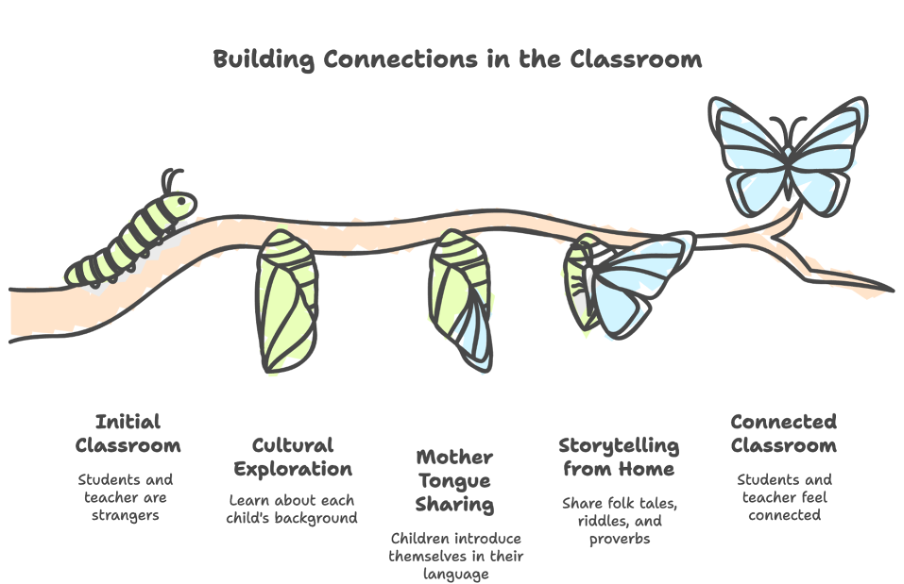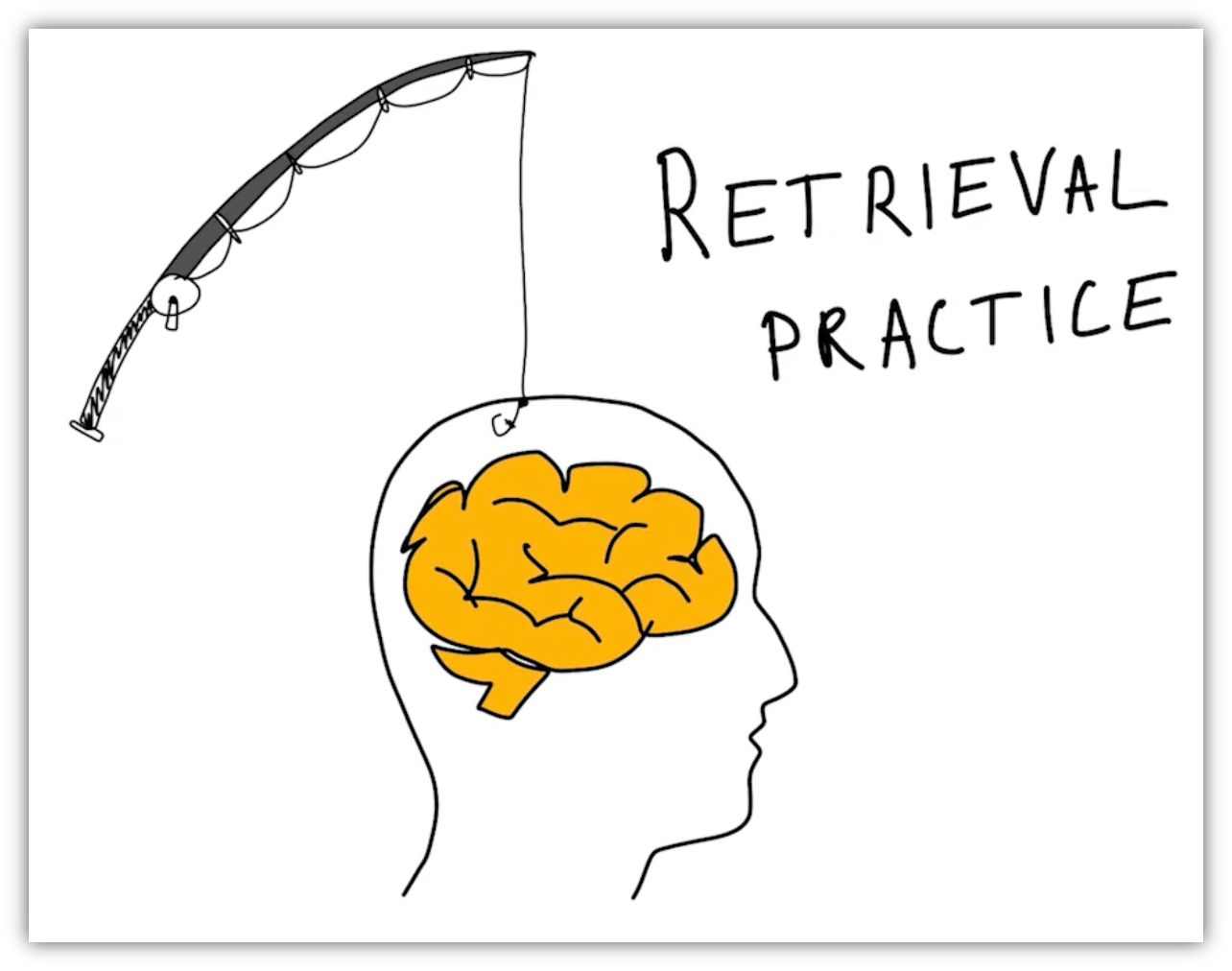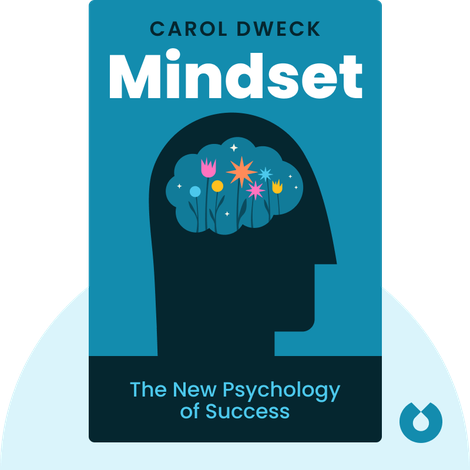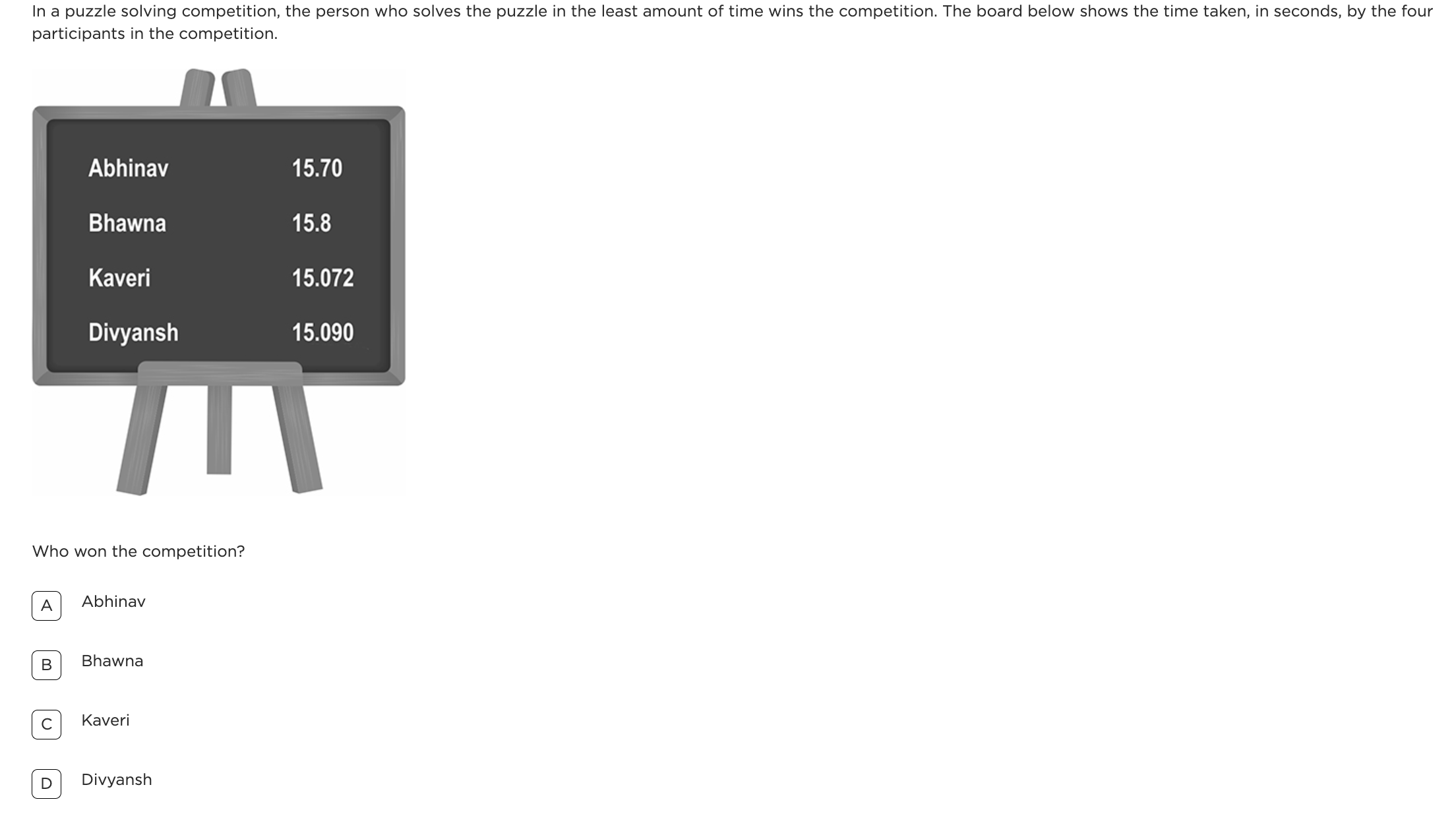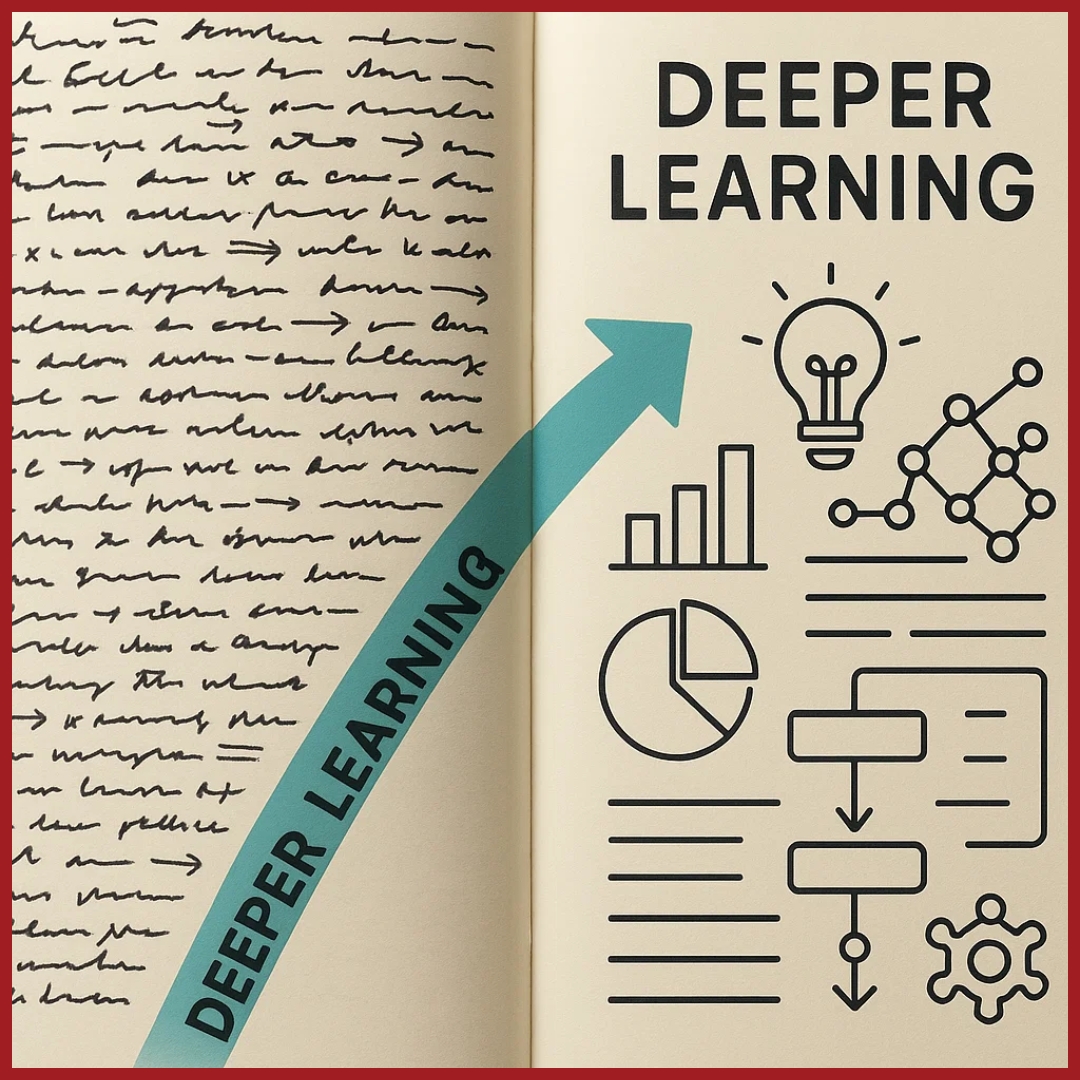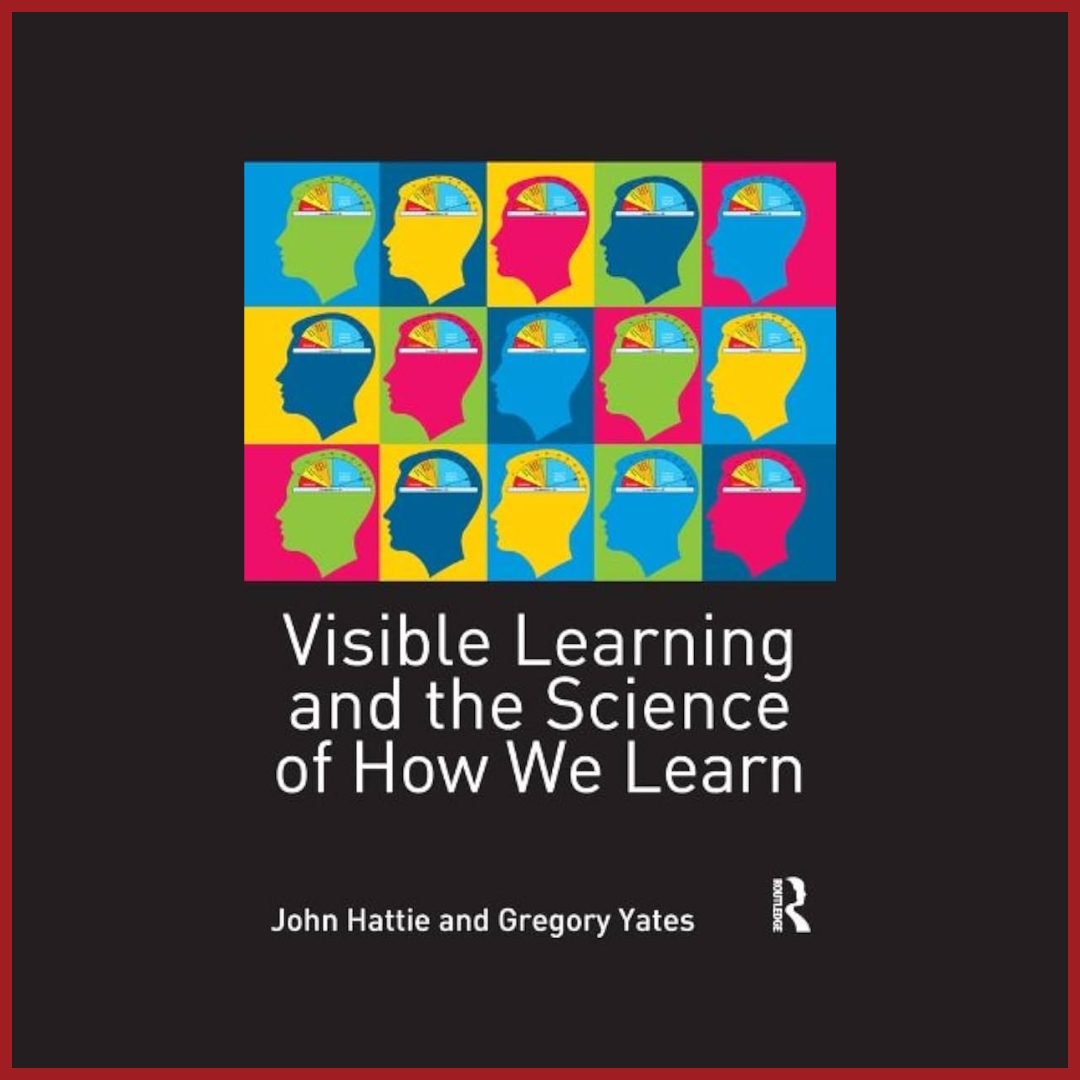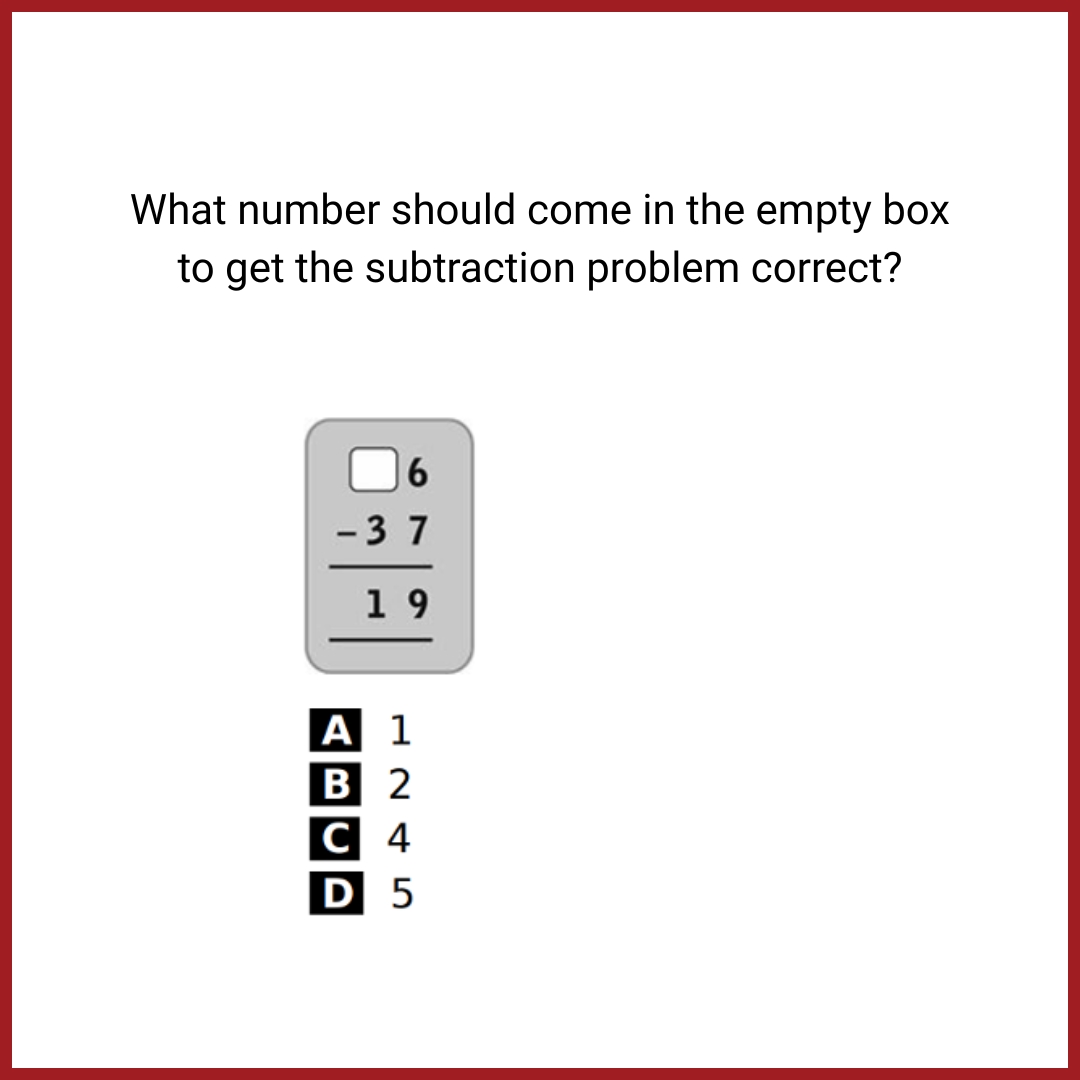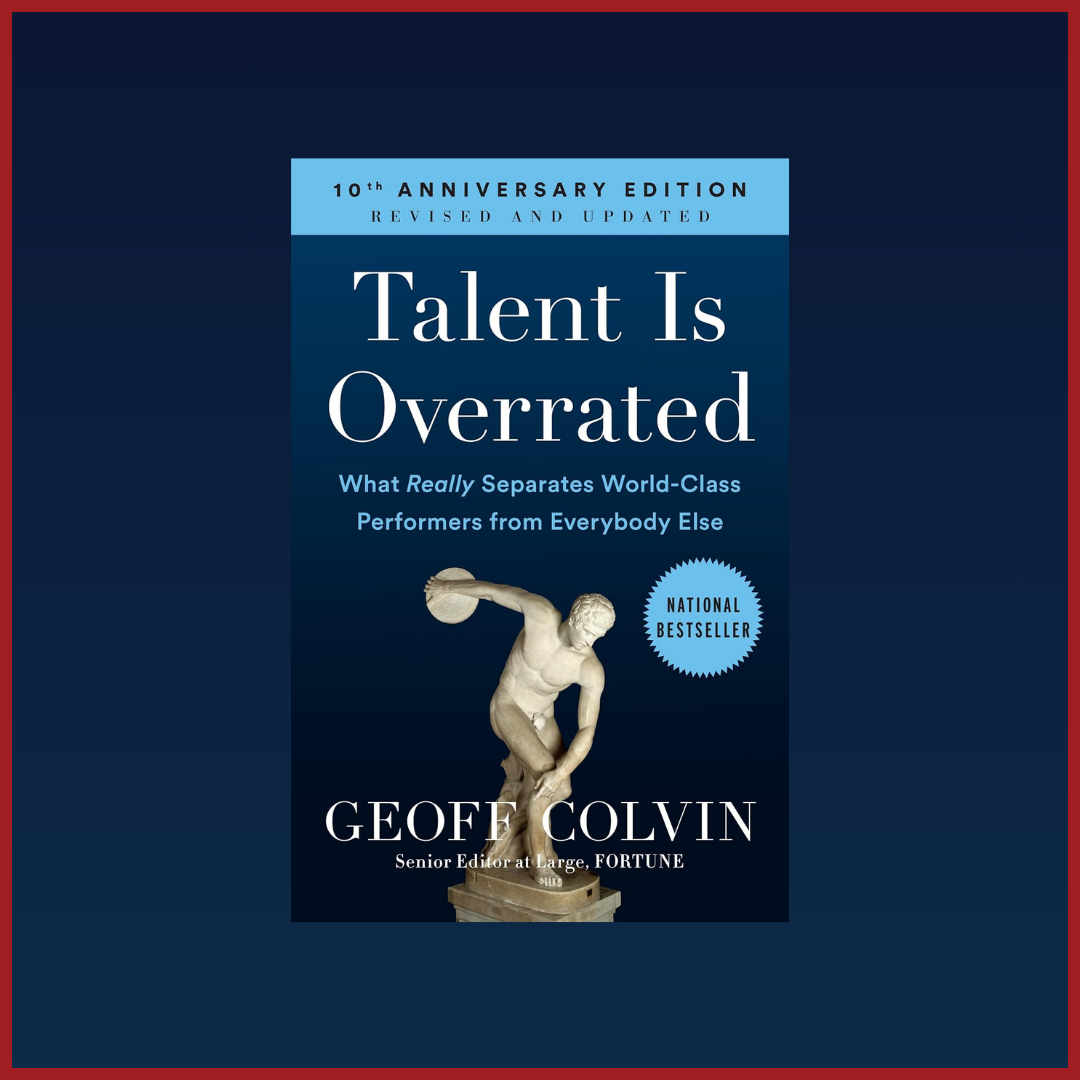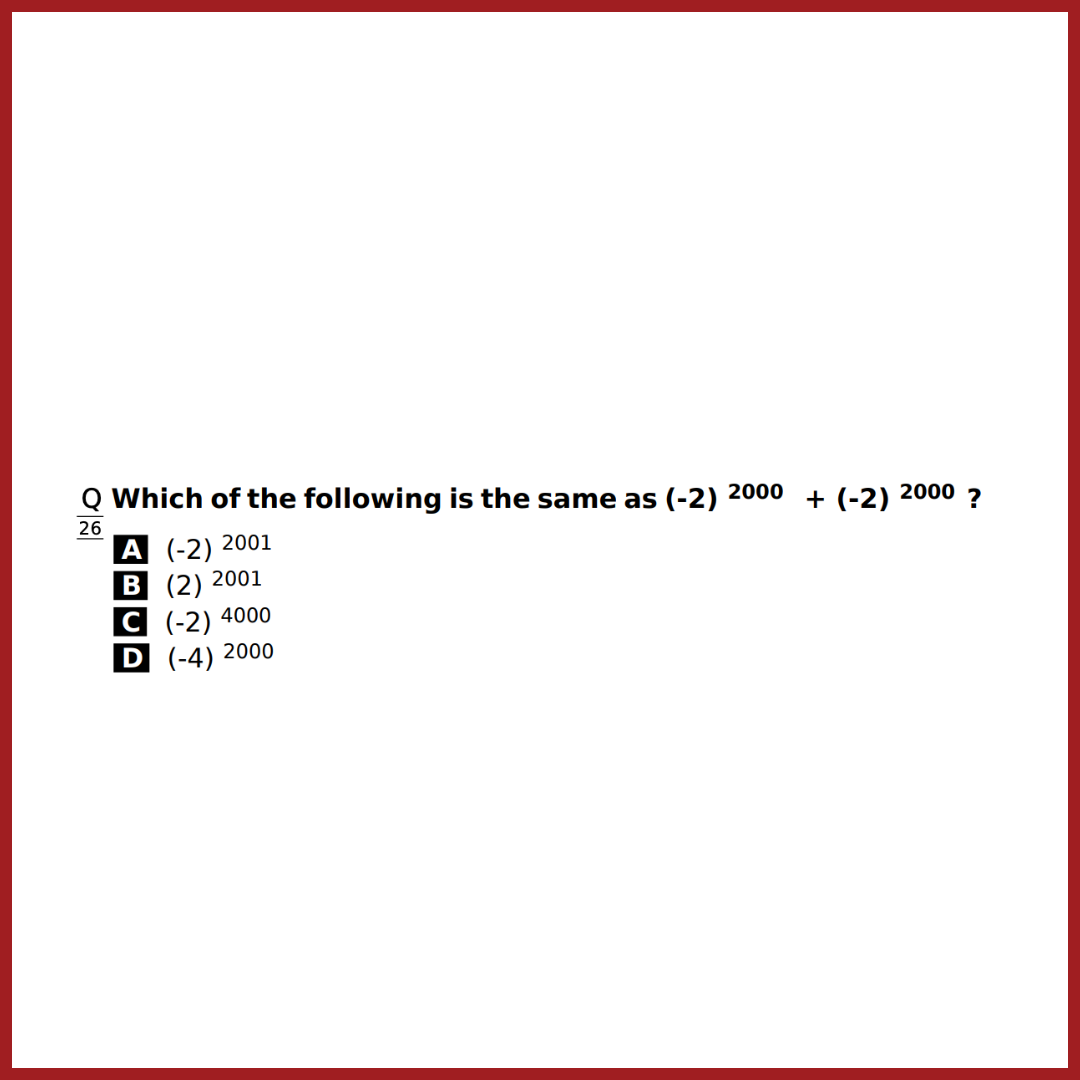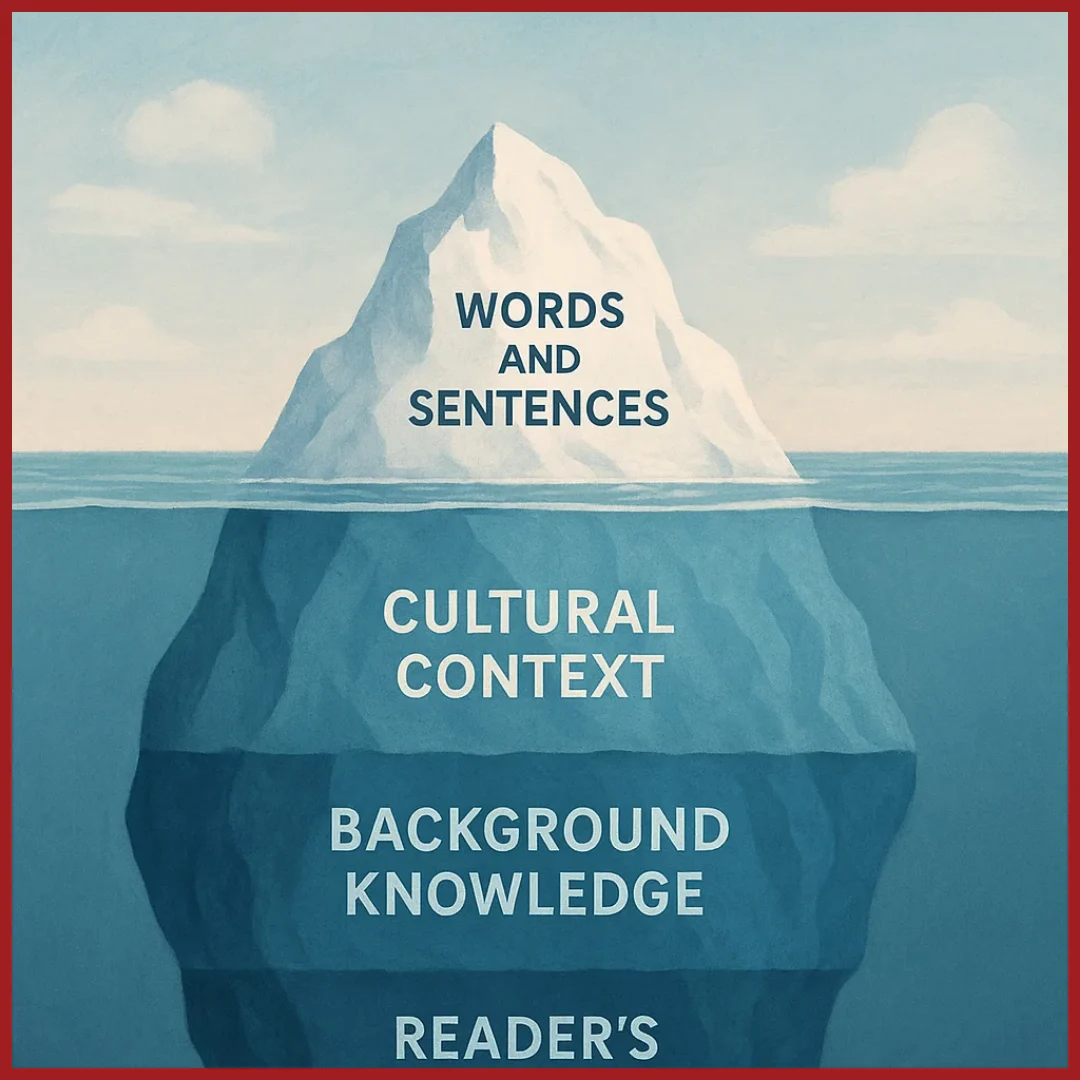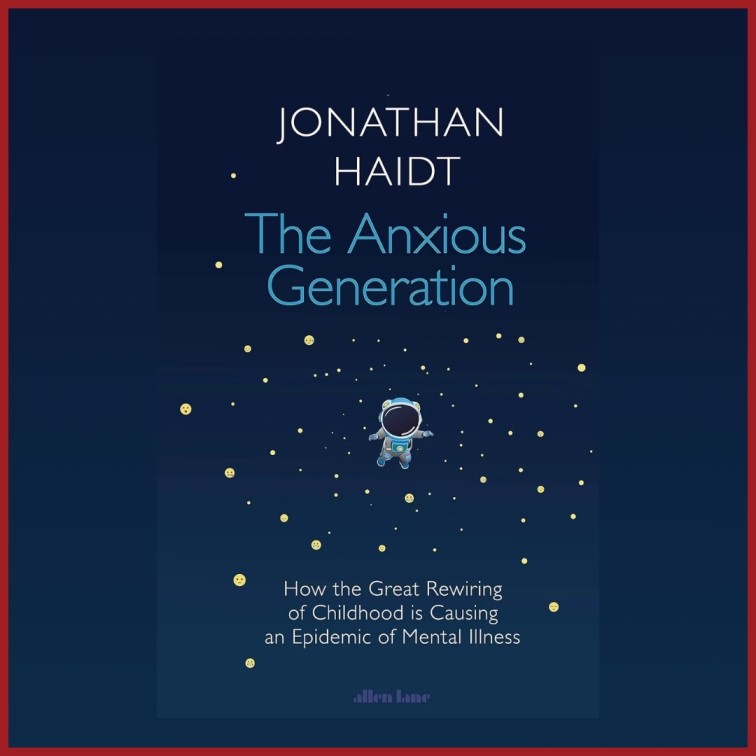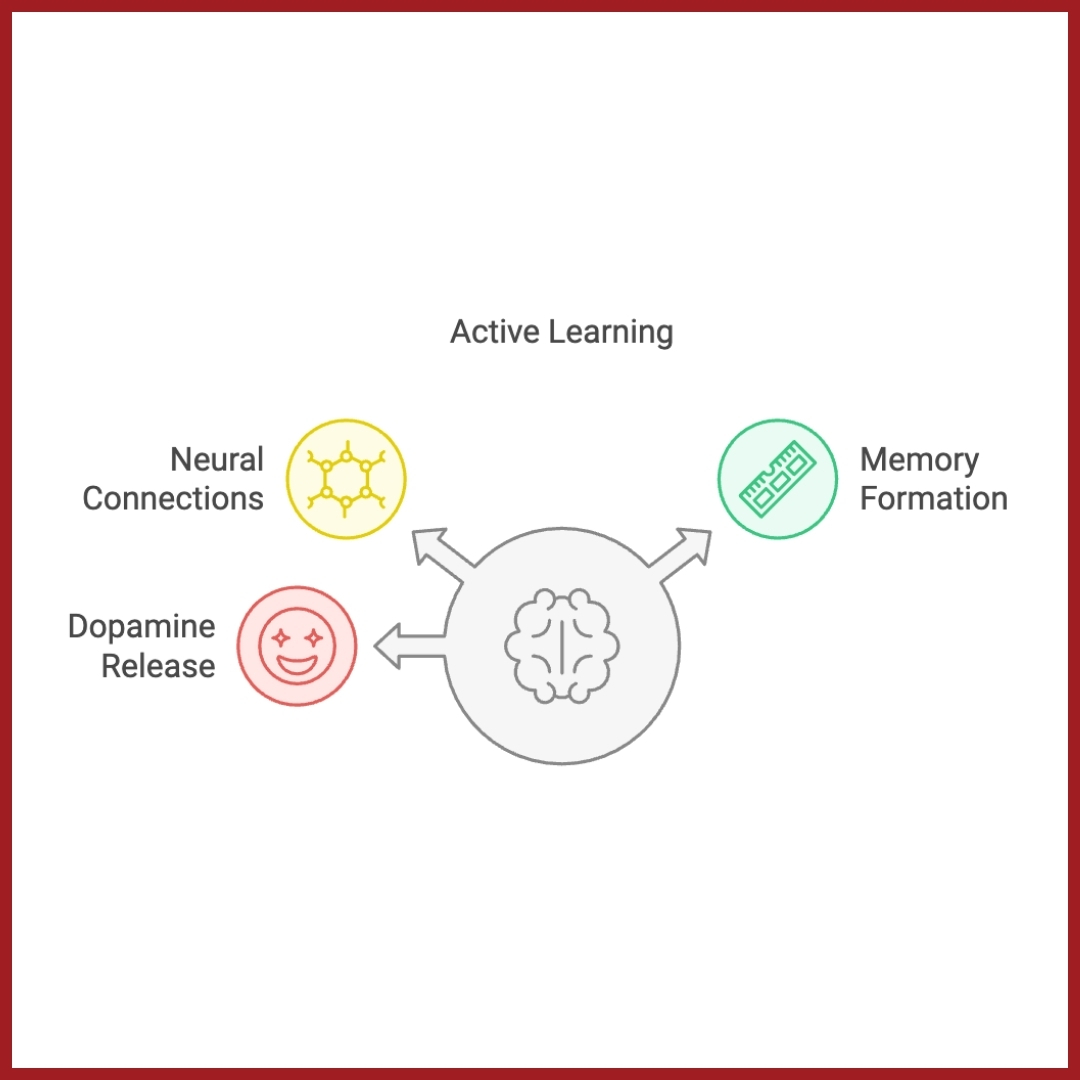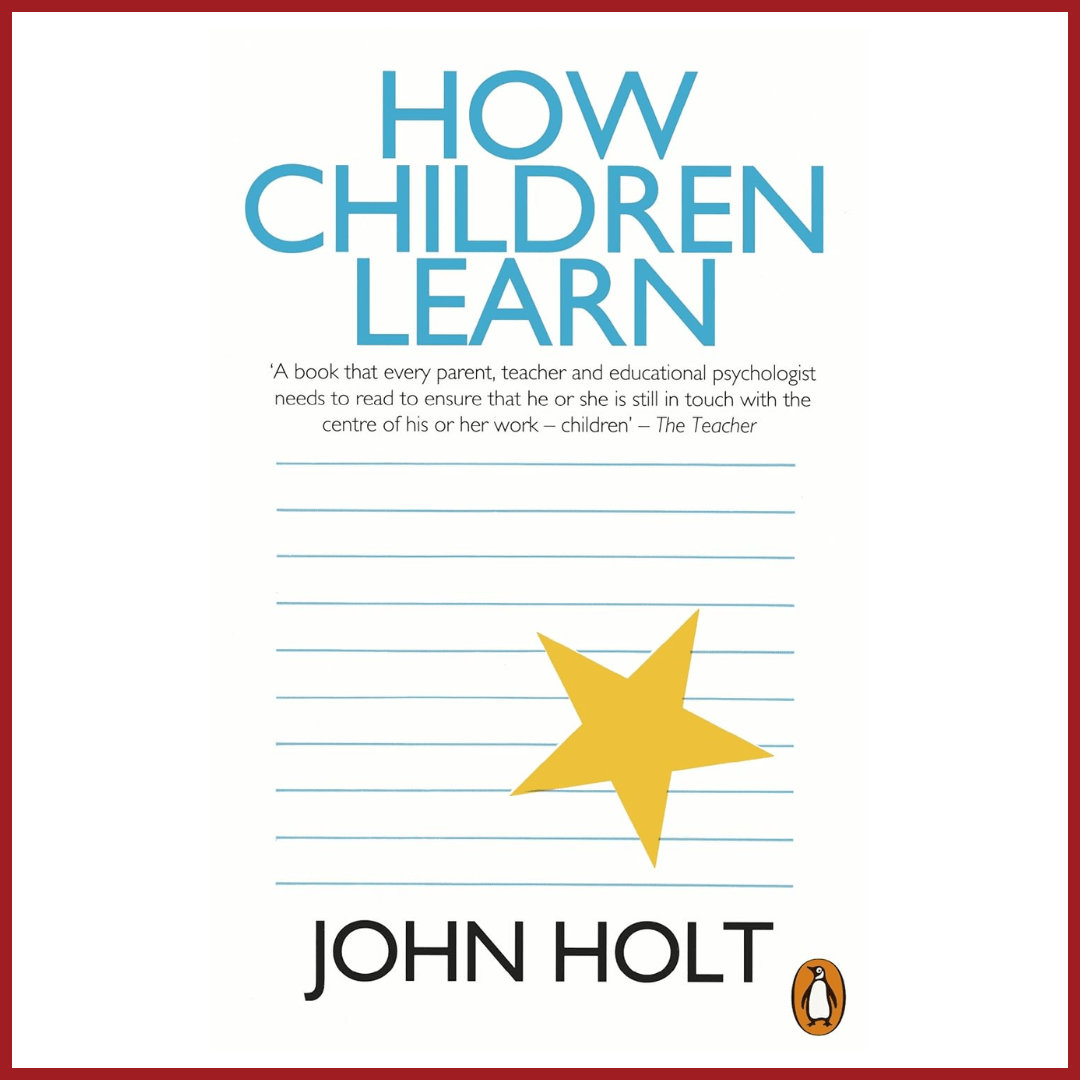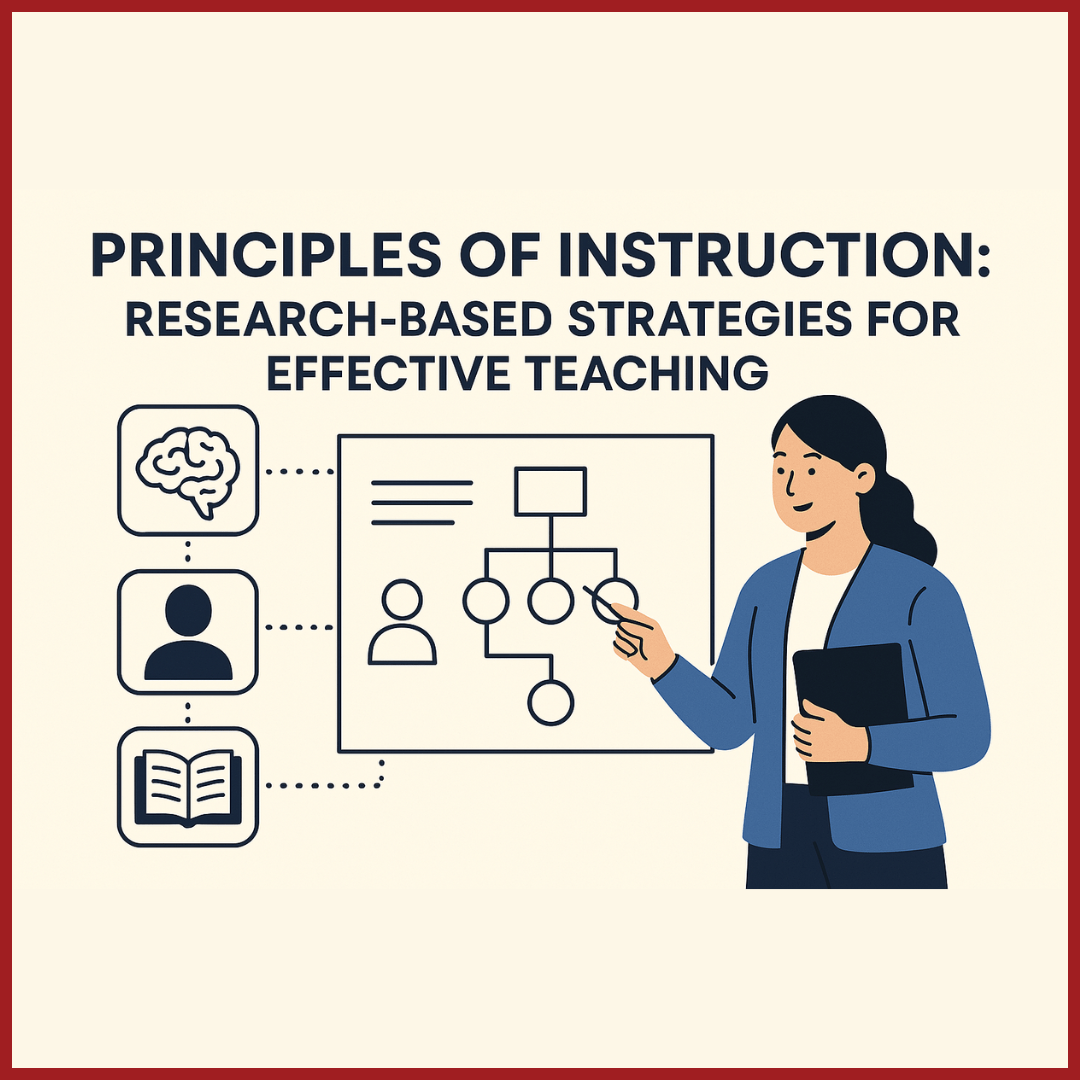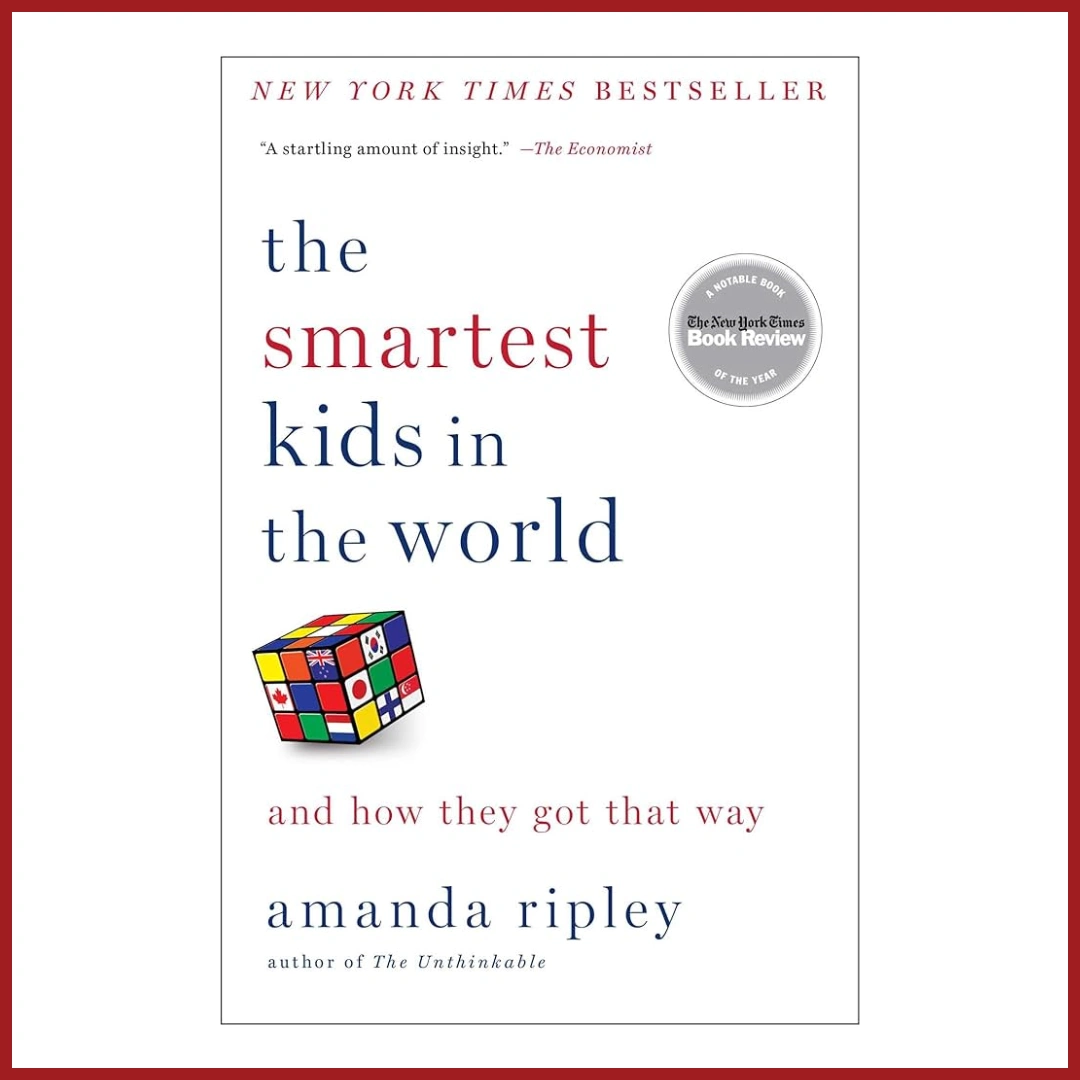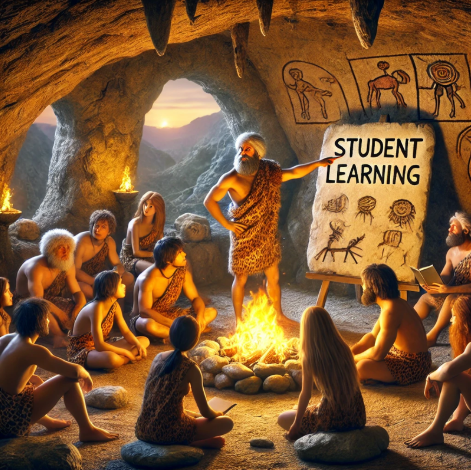Edition 01 | January 2025
Bookmarked
Discover thought-provoking book recommendations tailored for educators. Each pick includes a concise synopsis and actionable takeaways to inspire and enrich teaching practices.

Overview
In “Why Don’t Students Like School?”, cognitive scientist Daniel T. Willingham explores the cognitive principles that underlie effective teaching and learning. Drawing on decades of research in psychology and neuroscience, Willingham demystifies the mental processes that occur in the classroom. He presents nine essential principles about how students learn, covering topics such as memory, attention, understanding, and the role of practice. By translating complex scientific findings into accessible language, he provides educators with a roadmap to enhance student engagement and promote deeper learning.
Willingham delves into why thinking is hard for students, explaining that while humans are naturally curious, we are not naturally good thinkers. He discusses how teachers can create conditions that make learning more enjoyable and efficient, emphasising the importance of storytelling, problem-solving, and building upon prior knowledge. The book is filled with practical examples and applications that can transform classroom instruction.
Why Teachers Will Find This Useful:
Teachers will find this book incredibly useful as it provides actionable insights into the learning process. Willingham’s principles help educators:
Design Engaging Lessons: Learn how to capture and maintain students’ attention by tapping into their natural curiosity.
Enhance Memory Retention: Discover techniques to help students retain information longer by understanding how memory works.
Promote Critical Thinking: Understand the importance of background knowledge in developing higher-order thinking skills.
Address Misconceptions: Identify and correct common misunderstandings that hinder student learning.
Adapt Teaching Methods: Adjust instructional approaches to align with cognitive principles, making learning more accessible to all students.
By applying these insights, teachers can create a more inclusive and effective learning environment that caters to the needs of diverse learners.
By applying these insights, teachers can create a more inclusive and effective learning environment that caters to the needs of diverse learners.
Why We Recommend It:
We’ve all had those moments in the classroom where we wonder, “Why aren’t my students as excited about learning as I am?” Reading “Why Don’t Students Like School?” by Daniel T. Willingham, feels like sitting across from a wise practitioner who understands both the joys and challenges of teaching. What struck us most about this book is how Willingham speaks directly to the heart of our daily experiences. He doesn’t bombard us with abstract theories; instead, he shares relatable stories and practical insights that make us reflect on our own teaching methods. His exploration of how the brain works is not just fascinating—it’s empowering. It gave us a fresh lens through which to view our students’ struggles and successes.
Perhaps one of the most impactful aspects of the book is Willingham’s approachable writing style. He breaks down complex concepts into digestible pieces, often with a touch of humour. It felt less like reading a textbook and more like having an enlightening conversation. One can take back some interesting evidence-based strategies to address common challenges, like keeping students engaged or simplifying complex material.
Perhaps one of the most impactful aspects of the book is Willingham’s approachable writing style. He breaks down complex concepts into digestible pieces, often with a touch of humour. It felt less like reading a textbook and more like having an enlightening conversation. One can take back some interesting evidence-based strategies to address common challenges, like keeping students engaged or simplifying complex material.
Interesting and Actionable Takeaways:
By understanding this balance, teachers can design lessons that motivate students to think critically and enjoy the learning process.
Zoom-in Excerpts:
“People are naturally curious, but we are not naturally good thinkers; unless the cognitive conditions are right, we will avoid thinking.”
— Daniel T. Willingham, Chapter 1: Why Don’t Students Like School?
In this pivotal quote from Chapter 1, Willingham emphasises that while students have an inherent curiosity, thinking requires effort and is often avoided if it becomes too challenging. He explains that learning occurs best when tasks are appropriately difficult—not too easy to be boring, but not so hard that they become frustrating.
— Daniel T. Willingham, Chapter 1: Why Don’t Students Like School?
In this pivotal quote from Chapter 1, Willingham emphasises that while students have an inherent curiosity, thinking requires effort and is often avoided if it becomes too challenging. He explains that learning occurs best when tasks are appropriately difficult—not too easy to be boring, but not so hard that they become frustrating.
Explanation:
Willingham suggests that teachers need to create optimal cognitive conditions to encourage students to engage in thinking. This involves:
Presenting Problems That Challenge but Don’t Overwhelm: Crafting questions and activities that are within the students’ Zone of Proximal Development.
Building on Prior Knowledge: Connecting new information to what students already know to make learning more meaningful.
Providing Adequate Support: Offering scaffolding to help students tackle complex ideas until they can understand them independently.
By understanding this balance, teachers can design lessons that motivate students to think critically and enjoy the learning process.
Enjoyed the read? Spread the word
Interested in being featured in our newsletter?
Check out the latest edition here.

